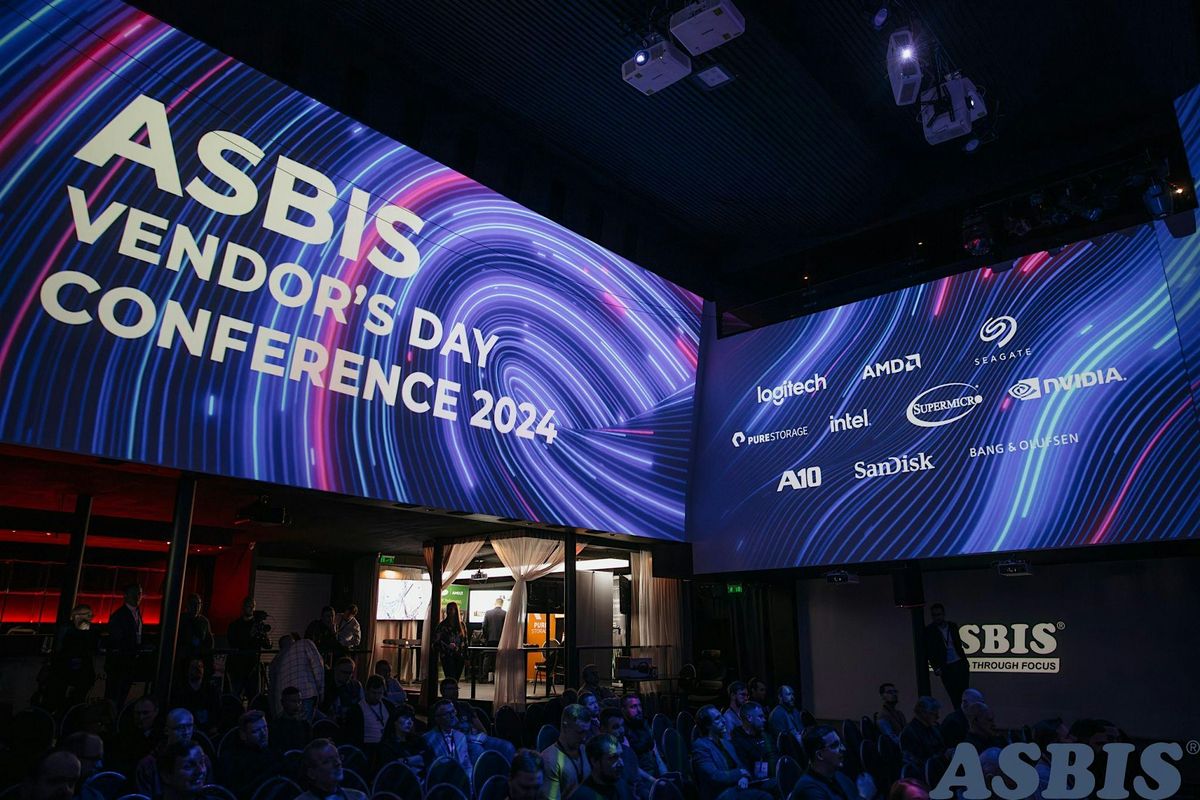
Advertisement
Kim? is delighted to invite you to the opening of two solo exhibitions: Jānis Dzirnieks “Healthy Friends", curated by Kaspars Groševs and Nelly Agassi “Aftermath”, curated by Tīna Pētersone. April 4, 18:00-21:00
Kim? Contemporary Art Centre, Sporta 2, Riga
Jānis Dzirnieks solo show Healthy Friends
Curated by Kaspars Groševs
Kim? Contemporary Art Centre presents Jānis Dzirnieks’ second solo exhibition at the institution, following the artist’s two-month residency at ISCP, New York in the autumn of 2024, as the recipient of the Kim? Residency Award. In New York, small corner stores — bodegas — can be found on almost every block. One such store, called Healthy Friends, offers sandwiches and fast food that are far from anything actually healthy. Yet the names of these establishments often include words like healthy, natural, organic, and other slogans praising naturalness — phrases that serve no purpose beyond drawing attention to a product range oversaturated with chemicals.
The works in the exhibition include scanned scribbles and watercolor drawings, later digitally enhanced, printed, and then physically modified. These drawings depict various creatures in stages of decay and decomposition, merged with illustrations of refrigeration system optimizations. In a way, the process of decay can be seen as a form of optimization — much like the creation of these works could be viewed as a kind of self-reprocessing. Optimization, as such, is inevitable in both living and non-living organisms, as well as in economics, politics, sociology, and beyond. The prevailing high level of distrust in bodegas — from overpriced trivialities to the tastiest snacks — serves as a fitting metaphor for Dzirnieks' reflections on themes of technological efficiency and environmental degradation, which are explored within the exhibition through elements of spatial installation and other objects created specifically for the show.
Nelly Agassi solo show Aftermath
Curated by Tīna Pētrsone
“We live in a time when the past seems more unpredictable than the future,” wrote the British historian Eric Hobsbawm—a sentiment that feels ever more prescient as headlines offer reinterpretations of history with increasing frequency. History has never been a fixed entity—it has always been rewritten, reexamined, and reinterpreted. Yet today, these processes have reached an unprecedented intensity: historical understanding is entangled in ideological battles, muddled by the oversaturation of digital media, and increasingly weaponized as a tool in political discourse. When narratives compete, overlap, and shift in form, how can we orient ourselves among the versions of history they propose?
This exhibition unfolds in a time of deep instability—amid wars, shifts in power, and ideological rupture. Its central motif is rooted in the notion of “aftermath” as a layered, nonlinear, and continuously evolving process. The word aftermath first appeared in 16th-century Middle English, when farmers used it to describe grass that regrew after mowing. Over time, it acquired a broader metaphorical meaning—referring to the consequences of an event, especially in the wake of disaster, war, or major societal upheaval. Thus, the term encompasses both devastation and the potential for renewal—a cyclical process in which the past never truly disappears but transforms and returns in altered form. This notion of cyclical return forms the conceptual axis of Nelly Agassi’s first solo exhibition in the Baltic region.
At the heart of Agassi’s practice lies the idea of a “biography of site”—an approach that treats a site’s context as both a source of inquiry and a material in itself. During a week-long visit in Riga last November, Agassi visited local museums and wandered through the city, collecting visual impressions and engaging with traces of historical presence. These impressions reappear in her installations as fragments, gestures, and materials imbued with symbolic charge. Aftermath becomes both a meditation on what has been and an inquiry into a future (or a history?) still taking shape—still possible.
Supporters: Ministry of Culture, State Culture Capital Foundation, SAIC, KOMPOZITS, WMT Baltic, Absolut, Valmiermuiža, KRASO
Advertisement
Event Venue & Nearby Stays
Sporta 2, Riga, Latvia-1013, Latvia











